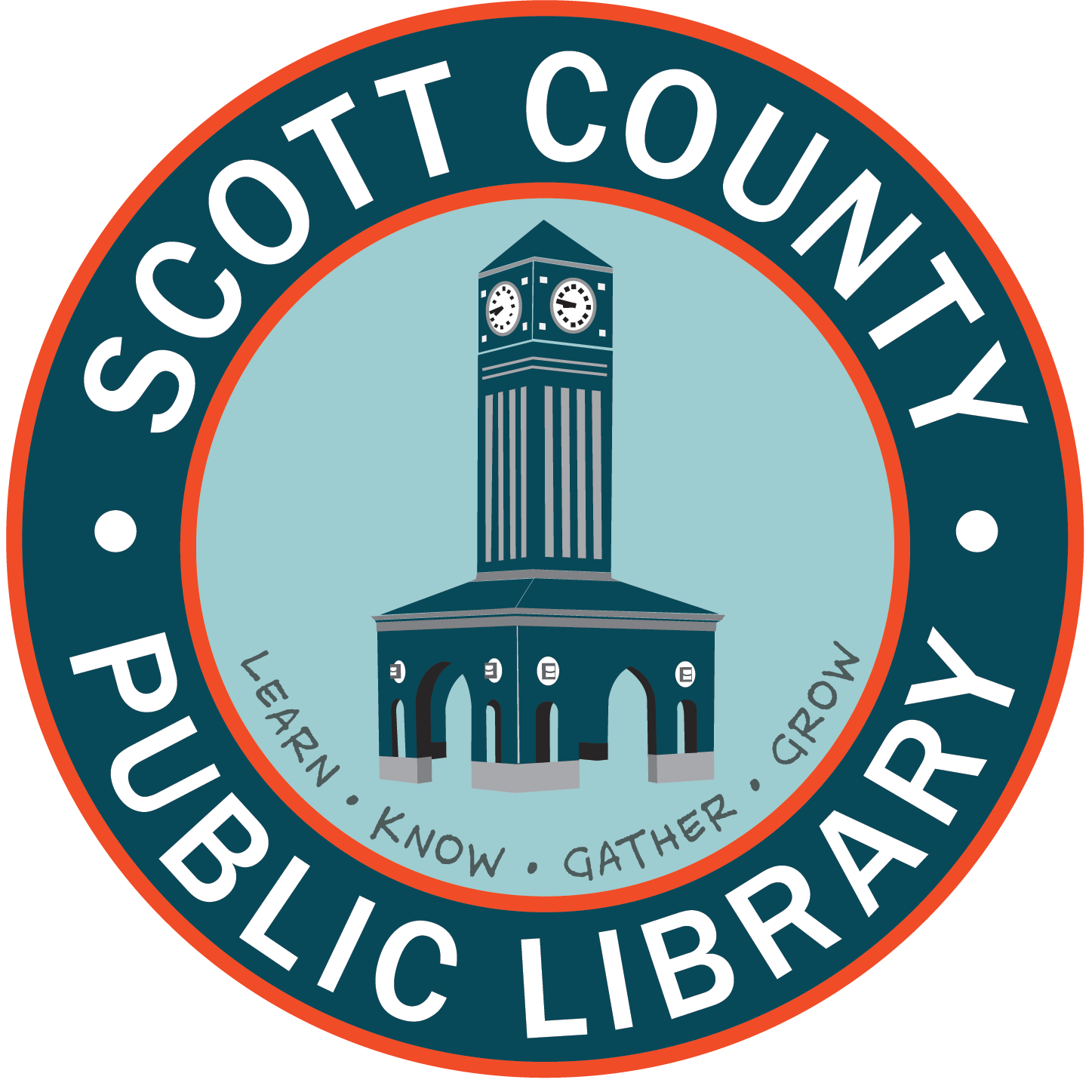Genealogy Research
Getting Started
Organize…..Organize….Organize!
1. Begin with yourself. Interview family members and friends. Take written notes, audio, or video tape of your conversation. Make your list of questions in advance. Some questions you may want to ask:
- When and where they were born?
- Who they married and where?
- Jobs, interest, hobbies, clubs
- Churches
- Military service
- Is anyone else conducting family history research?
- Record your information on Family Group Sheets or in a well-organized notebook.
2. Collect family photo albums, scrapbooks, family Bibles and records.
3. Collect documentation such as your birth and marriage certifications.
4. After you record everything about yourself, do the same with your parents and then your grandparents. Continue to work backwards generation to generation.
5. Record names, dates, places and sources on Family Group Sheets or Ancestor Charts.
6. Visit, write, or email your public library for family file records, local histories, church histories, cemetery records, birth/marriage/death certificates. Be clear and prepared with your questions.
7. Visit the County Clerk Office in the county the family member lived in to check for deeds, wills, land records, etc...
8. Check census records—they will become your best friend!
9. Use online databases for locating family history information. Be sure it is well documented with references.
10. Join local, state, and national genealogical societies. They are a great way to network and
11. Attend or organize your own family reunion. Set up displays with pictures, family Bibles, etc. This will usually get people talking!
12. Visit online sites and blogs for information on other researchers gathering information on your surname. Many are willing to share information and research tips.
